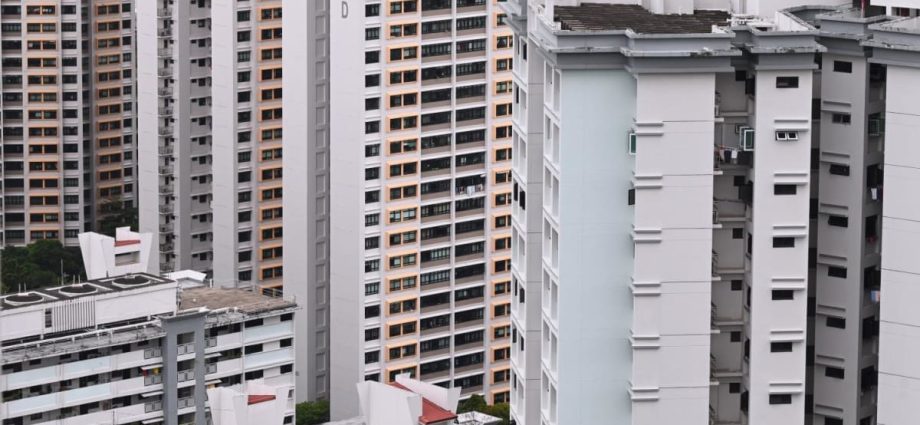
Mr Shanmugam said that the side effect of the EIP is that, over time, if someone is of a minority race living in a place where the Chinese EIP has been reached, they have to sell to a minority.
This could mean taking a longer time to sell, and there might be pressure on the price since there is a “smaller demand pool”, he added.
He said that HDB exercises flexibility for this group on a case-by-case basis by giving households more time to sell, waiving EIP limits in exceptional cases, or buying back their units directly for those who genuinely find it difficult to sell their flats.
“So our approach – rather than do away with the entire policy, which keeps Singapore cohesive – we exercise flexibility in a targeted way, to deal with the effects directly, for the small number who is affected,” Mr Shanmugam added.
The minister also revealed that the Ministry of Home Affairs will be introducing the Maintenance of Racial Harmony Act later this year, which was announced by Prime Minister Lee Hsien Loong in his National Day Rally speech in 2021.
The announcement came after some racist incidents in 2021, as well as discussions on the ground about race relations in Singapore.
“If you look at the current challenges, we are still a work in progress. No society can claim that it is free from racism, and I think those who claim that won’t be telling the truth,” said Mr Shanmugam on Monday.
“But the reality is we don’t paper over our differences. We don’t adopt what some places call a race-blind approach. We don’t think we should ignore race – that will not solve our problems. So we take a race-sensitive approach.
“The government manages race-related issues, to ensure that racial minorities are not disadvantaged.”

